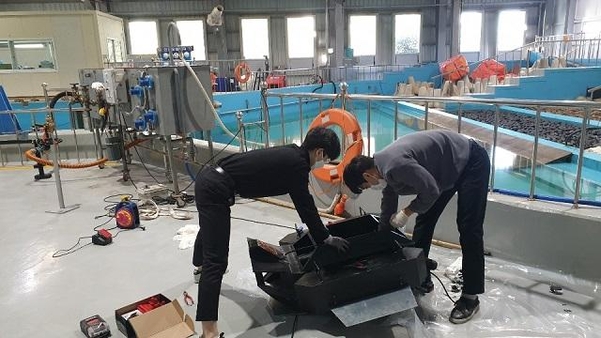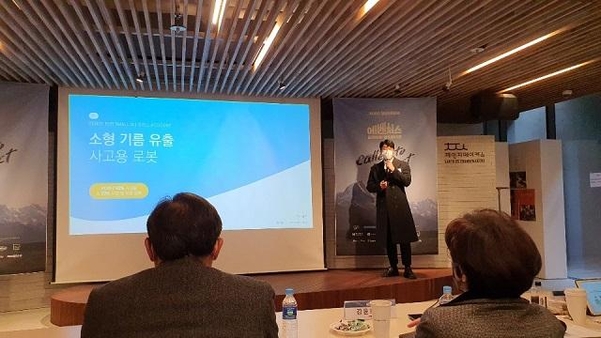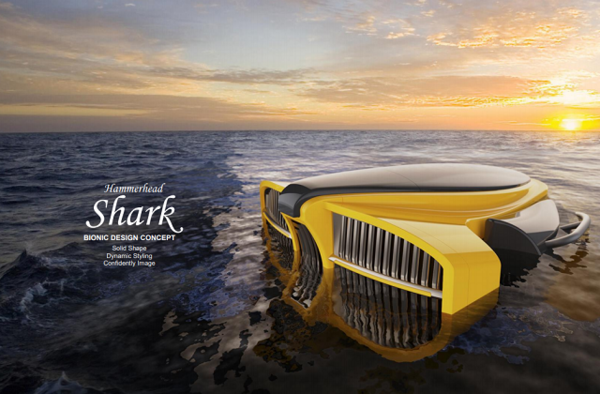Input 2020.12.17 06:00
Kwon Ki-seong, CEO of Sheco, a marine pollutant removal equipment developer, said this by introducing’Shecobot’, which controls oil spills on the sea. 92% of oil spill accidents are small-scale accidents with less than 1000 liters, but now people have to collect oiled adsorption guns directly on the ship using a puller, which is inconvenient.
–
–
Sheko focused on unmanned control. This is because most of the oil spilled on the sea such as bunker C oil is harmful to humans. Accordingly, all controls such as movement and screw operation of the robot put into the sea can be controlled wirelessly. The image recognition system detects the location of the oil covered in the sea, and a screw device works to suck it up. As the contaminants pass through the filter, the oil flows into the collection bin and the water flows back into the sea.
–
It can also reduce the cost required for control. According to Sheko, the use of SheCobot not only reduces the total time taken the same way as existing people by 20%, but also saves about 5 billion won a year in control costs. The effect of reducing the work of adsorber by 100 days per year appears.
Furthermore, Sheco focused on carbon neutrality (net zero) by preventing the generation of secondary waste. The adsorption cloth is not buried due to its nature and must be disposed of through incineration. Accordingly, the commercialization of Shekobot set a goal to reduce carbon emissions by 80% when incineration of adsorbents. It is equivalent to the amount of oxygen absorbed by 32 large zelkova trees, 224 adults per year, and 1142g of fine dust per year.
–

–
In July of last year, CEO Kwon registered Sheco as a corporation developing equipment for removing marine pollutants. Currently, 7 employees including Kwon are working. Sheco plans to complete a prototype Shekobot earlier this month with a development cost of 300 million won over the past two years, and sell it to the Maritime Police Agency, the Port Authority, and the shipyard within this year.
–

–
This year, a total of six patents were applied and registered through the accelerator operation program with support from the Institute for the Promotion of Oceans and Fisheries Science and Technology (KIMST). In addition, it received support for win-win partnerships between conglomerates and venture companies, discovering customers and signing a memorandum of understanding (MOU), and IR consulting. Recently, SK Innovation has attracted an investment of 500 million won through Impact Partnering, and signed a memorandum of understanding (MOU) with Incheon Port Authority.
–
– .


